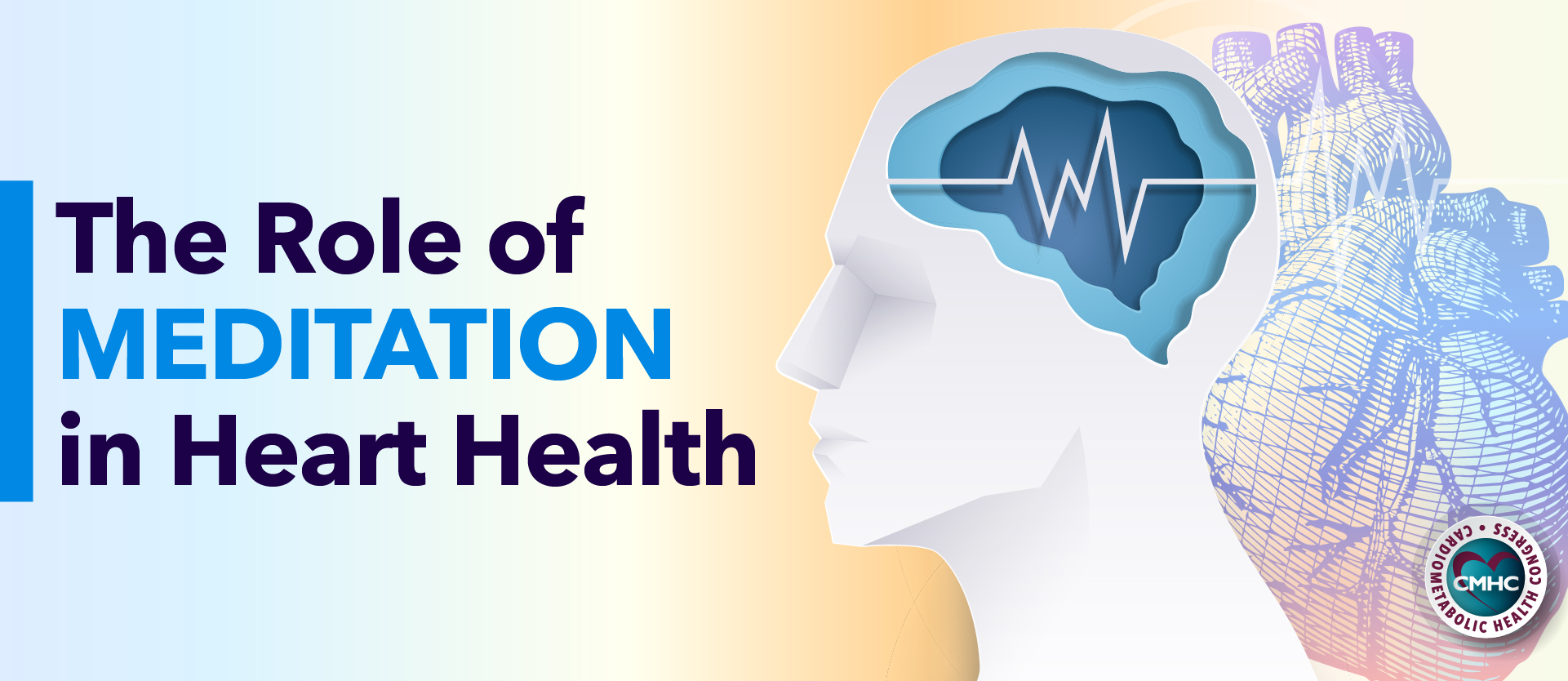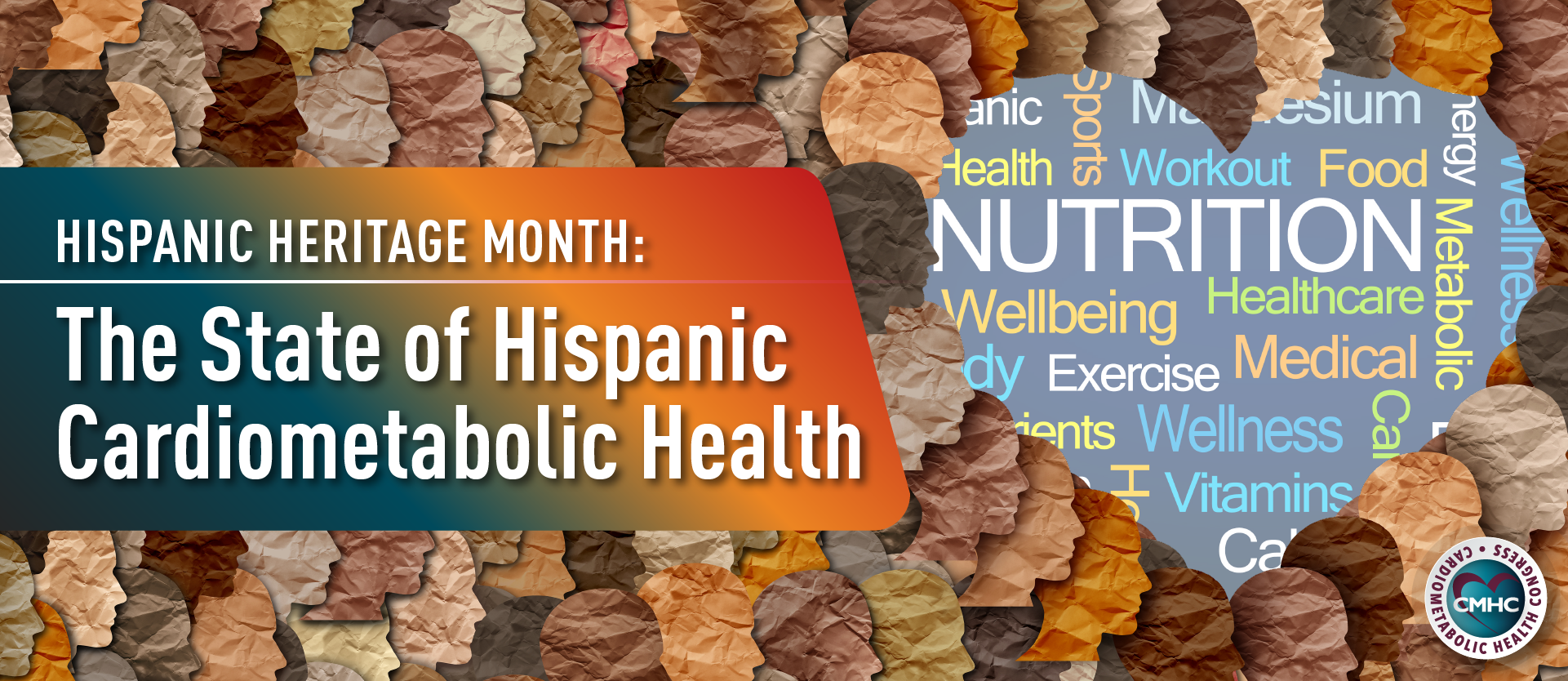Certain lifestyle and pharmacological interventions have proven effective at lowering the prevalence of CVD risk factors, which has increased apace with worsening population health. Although, there is a pressing need for novel, cost-effective interventions for primary and secondary prevention as the burden of cardiovascular disease remains steady. Experts continue to report positive data on the potential for meditation practices to ameliorate cardiometabolic health, specifically by improving cardiovascular health.
“Not only can meditation improve how your heart functions, but a regular practice can enhance your outlook on life and motivate you to maintain many heart-healthy behaviors, like following a proper diet, getting adequate sleep, and keeping up regular exercise,” Dr. John Denninger, director of research at the Harvard-affiliated Benson-Henry Institute for Mind Body Medicine at Massachusetts General Hospital told Harvard Health in an interview.
Studying the Benefits of Meditation
According to current research, many health benefits have been associated with regular meditation. Neurophysiological and neuroanatomical studies have demonstrated that meditation can have long-standing effects on the brain, benefiting both the physiological basal state and individual-specific cardiovascular risk. Studies evaluating the impact of meditation on CVD risk have investigated many variables, including physiological response to stress, smoking cessation, blood pressure reduction, insulin resistance, metabolic syndrome, and other factors relevant to primary and secondary disease prevention.
With the latest findings in mind, the American Heart Association published a scientific statement that systematically and scientifically reviewed the data available on the potential benefits of meditation related to CVD.
Experts reviewed studies published over the past two decades, revealing that meditation can positively affect heart rate variability (HRV). As a measure, HRV reflects the speed at which the heart can make changes between heartbeats with a high HRV indicating good cardiovascular health. According to a 2013 study, low HRV is associated with a 32% to 45% increased risk of heart attack or stroke among individuals without existing cardiovascular disease. The study’s results also revealed that daily meditation can raise HRV study participants who practiced five minutes of meditation per day for 10 days had a better HRV compared with those who did not meditate.
Additionally, several high-quality studies have shown that meditation can also slightly lower blood pressure. On average, meditation was linked to decreased systolic blood pressure by 4.7 milligrams of mercury and diastolic blood pressure by 3.2 milligrams.
Current Statistics
According to National Health Interview Survey, 8% of U.S. adults practice some form of meditation. While that number is relatively low, incorporating meditation practices into multi-dimensional treatment plans and patient care could promote the broader use of this technique. Furthermore, between 14% and 24% of patients with cardiovascular disease have been reported to use or have used some form of mind-body therapy with 2% to 3% practicing or having practiced meditation.
Data gathered by the American Heart Association also indicates patient willingness to incorporate meditation into their lifestyle. Up to 50% of CVD patients have reported interest in participating in clinical trials of alternative therapies, 17% are interested in participating in clinical trials of meditation specifically.
While further research on the connection between meditation and cardiovascular risk is needed to definitively assert its benefits on cardiometabolic health, the low-risk and low-cost nature of the practice make it an attractive adjunctive therapy that patients can easily learn and integrate into their daily routines.
Key Takeaways
A growing body of research supports the use of meditation as a cost-effective, alternative adjunct to more traditional, guideline-directed cardiometabolic interventions. Daily meditation has been found to improve heart rate variability and blood pressure metrics although, the benefits of the practice remain to be better established.


















